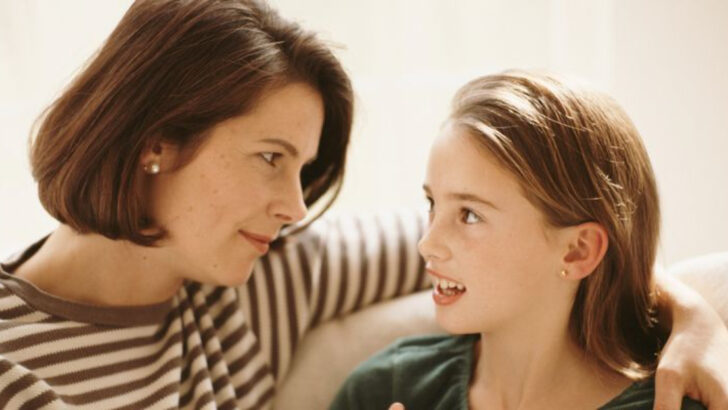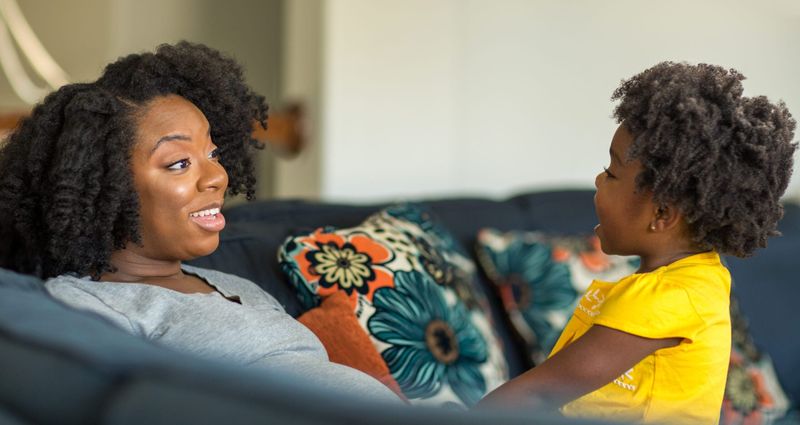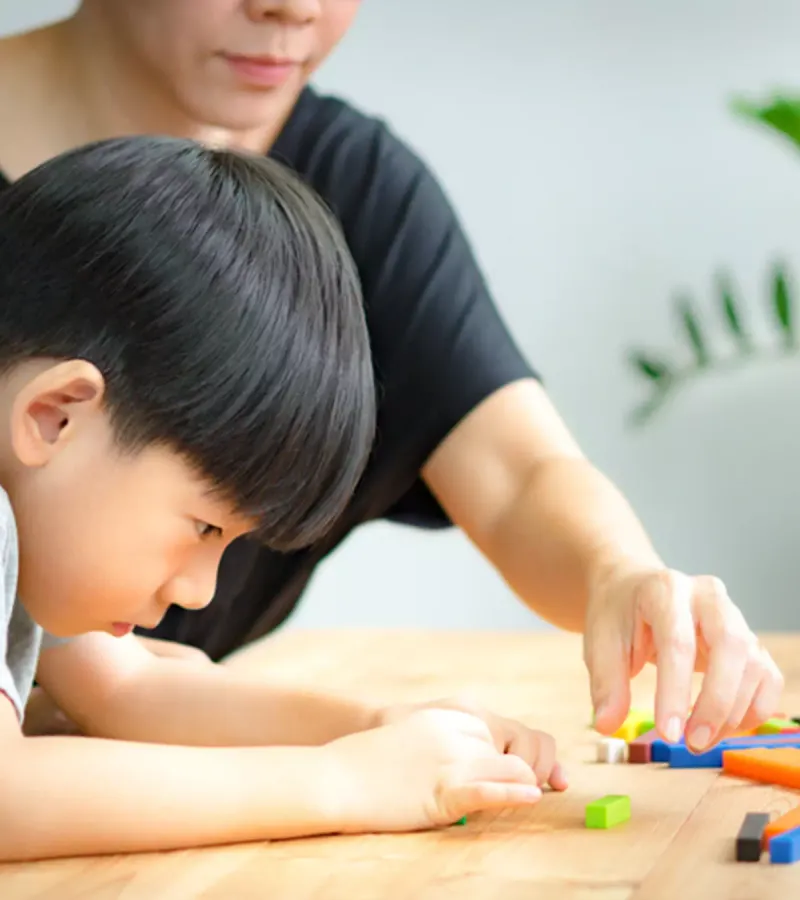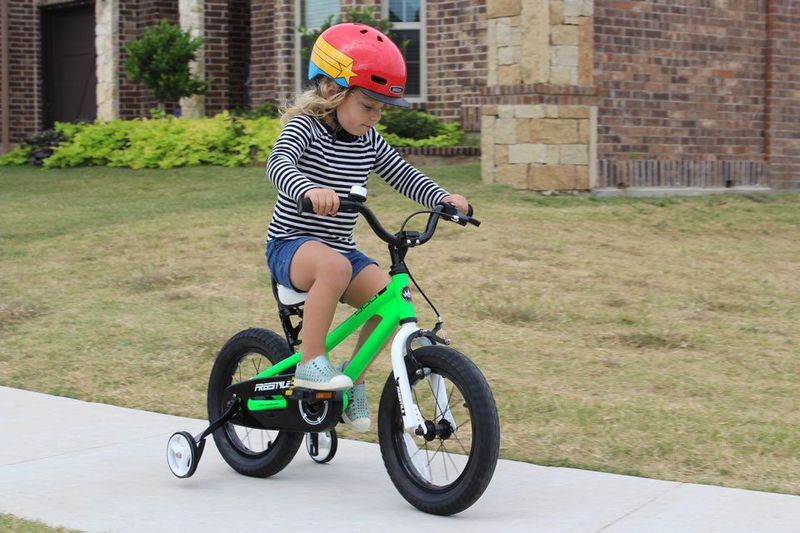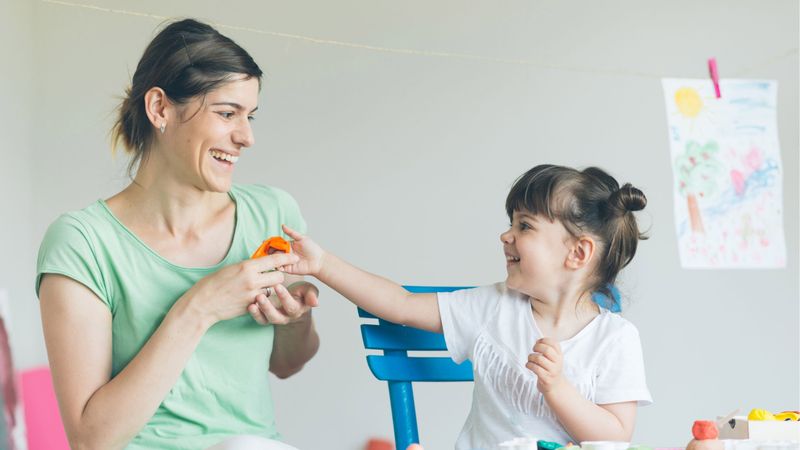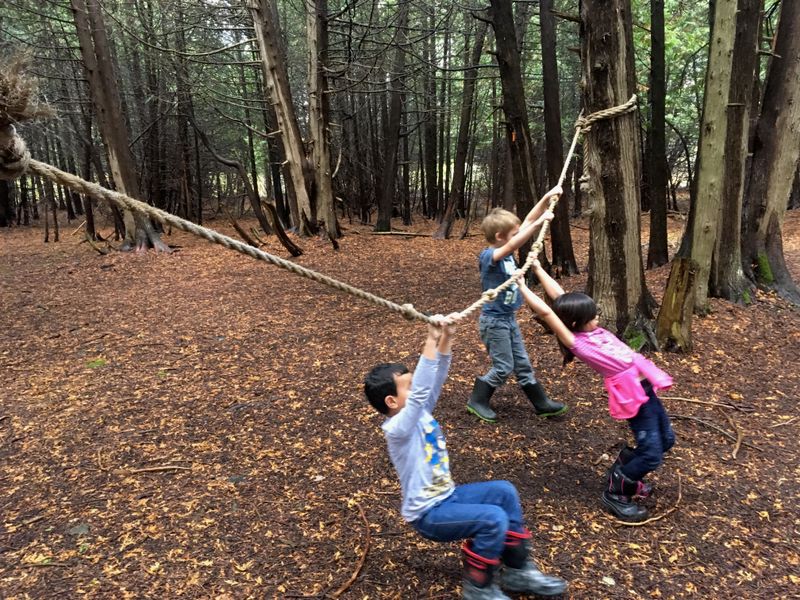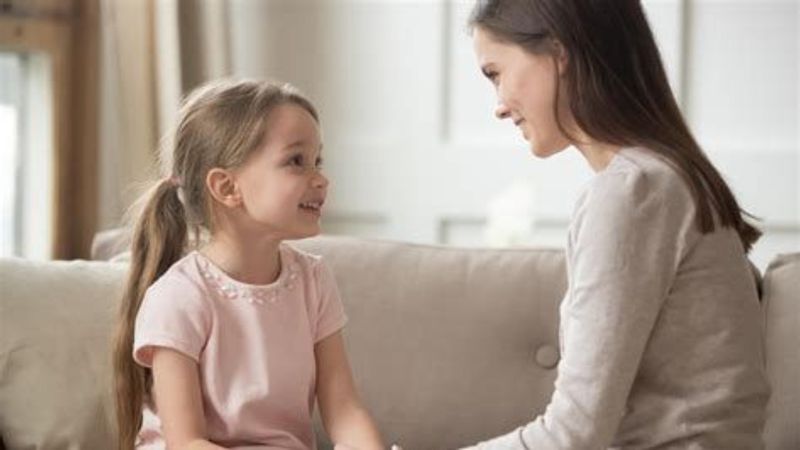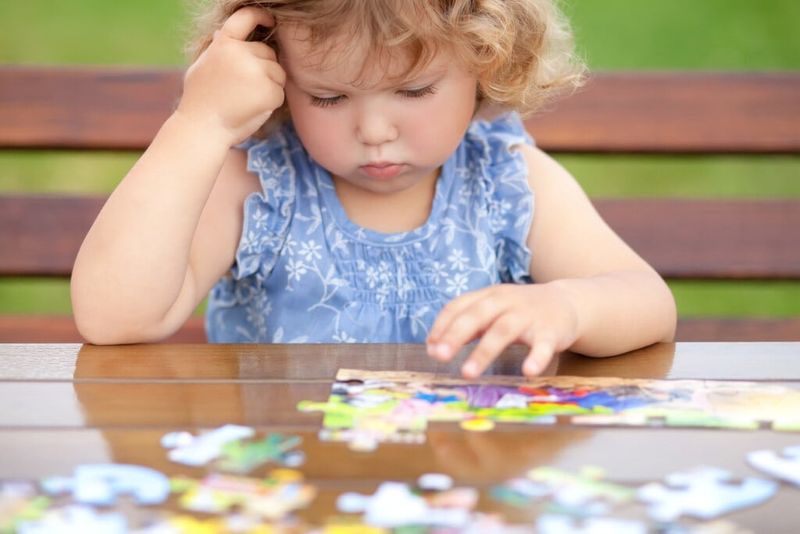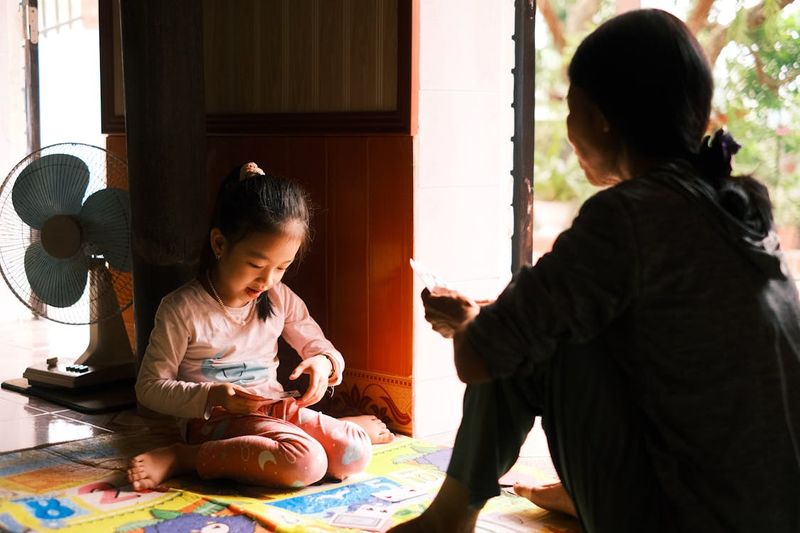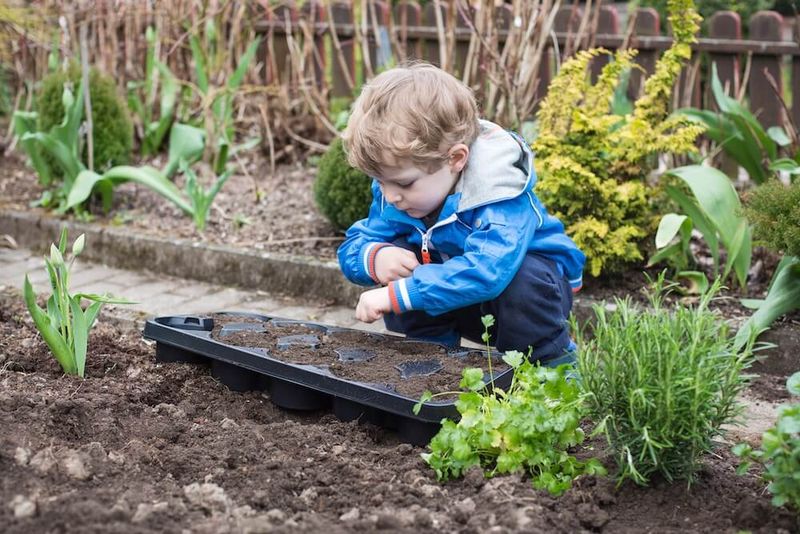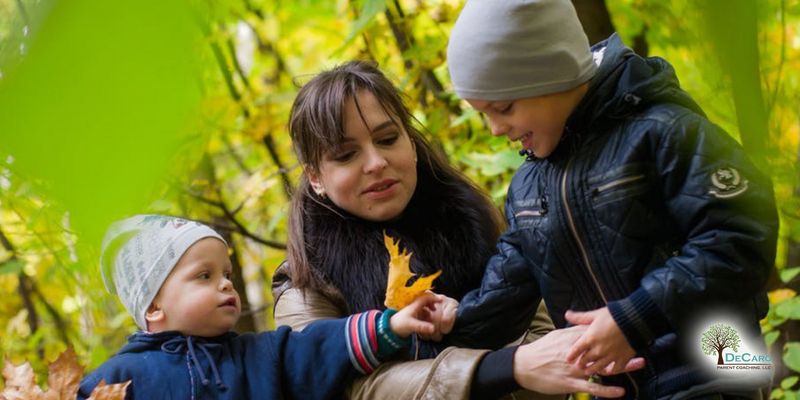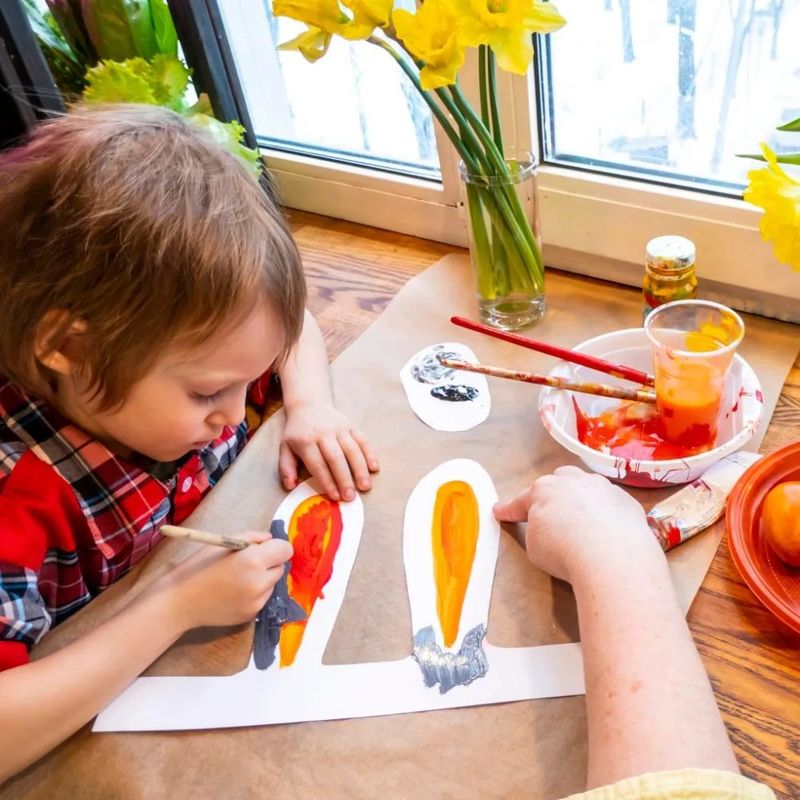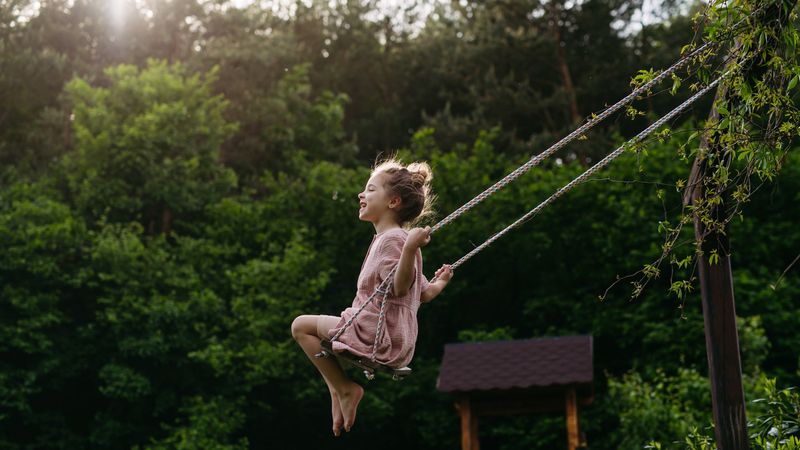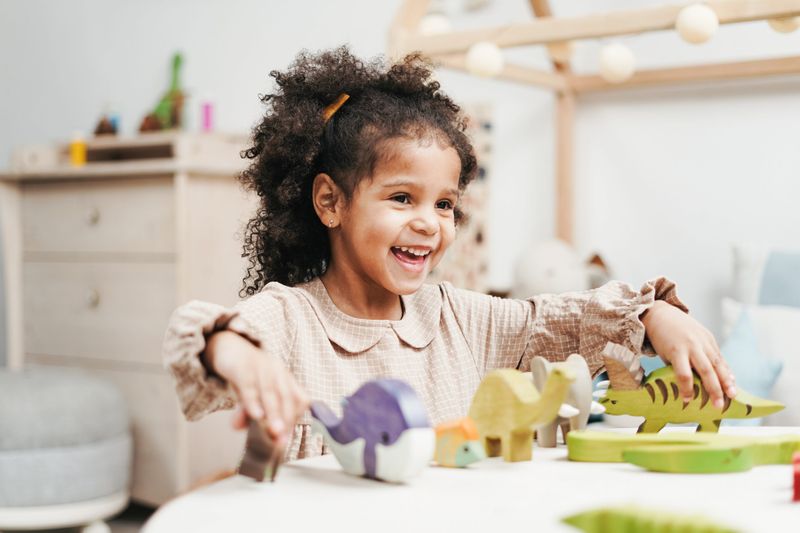Embarking on a journey of hands-off parenting can be both enlightening and challenging. As a mother, stepping back has taught me lessons I never anticipated.
Each realization is a testament to the power of allowing children to grow at their own pace and the humility required to recognize where I might have gone wrong.
These reflections offer a glimpse into the complexities of parenting, highlighting the balance between guiding and letting go.
1. I Interrupt More Than I Thought
The sound of my own voice often filled the space where my children’s thoughts should have been. I realized my tendency to jump in with advice or corrections, interrupting their flow of words and ideas. This constant interjection stifled their confidence and independence.
Learning to hold back and let them finish, I began to truly hear their perspectives, marveling at the depth of their insights. My interruptions, though well-intentioned, were a barrier to understanding their world.
By pausing and listening, I found a new respect for their voices, allowing them to express themselves fully. This shift not only improved our communication but also reinforced their belief in the value of their own opinions.
2. I Solve Problems That Don’t Need Solving
I used to leap into action at the first sign of distress or difficulty, eager to smooth the way for my children. However, this approach often robbed them of the chance to overcome challenges on their own.
Through stepping back, I observed how capable they were at working through problems without my intervention. This realization was humbling, as I understood that my eagerness to help often stemmed from my anxiety rather than their actual need.
Allowing them to navigate obstacles independently built their resilience and problem-solving skills, teaching me the value of patience and trust. The joy on their faces when they succeeded on their own was priceless, a lesson in the power of autonomy.
3. I Confuse Control with Care
In my attempt to care for my children, I often found myself controlling their environment to ensure everything was ‘just right’. This control, I realized, was masquerading as care, restricting their experiences instead of enhancing them.
Through hands-off parenting, I learned that true care involves trust—trust in their ability to handle situations, even if it means encountering some mess and mistakes along the way.
Allowing them to take charge, like baking a simple cake, was a chaotic yet joyous experience that taught them far more than I ever could by orchestrating it all. The freedom to explore without constant guidance revealed their ability to learn and grow in unexpected ways.
4. I Often Rush Growth Instead of Respecting the Pace
In my eagerness to see my children succeed, I often nudged them forward, rushing their growth when they were not ready. This impatience was more about my timeline than theirs.
Embracing a hands-off approach taught me to respect their individual paces, understanding that growth is not a race but a journey. I learned to celebrate the small victories, like watching my child slowly, yet determinedly, learn to ride a bike.
This patience allowed them to develop at their own rhythm, fostering a sense of accomplishment that was wholly their own. By stepping back, I realized that respecting their pace was a gift of confidence and self-assurance.
5. My “Help” Sometimes Adds Pressure
Offering help, I thought, was always beneficial. However, my constant offers of assistance often added pressure rather than relief. I realized my children sometimes viewed my help as an expectation rather than support.
In adopting a hands-off approach, I discovered that stepping back allowed them to seek help when they truly needed it, on their own terms. This autonomy fostered a sense of confidence and reduced the pressure to meet perceived expectations.
Watching them navigate challenges, like preparing for a school play, without my immediate input, revealed their resourcefulness. It was a reminder that sometimes, the best way to help is to simply be there, ready to support if asked.
6. I Try to Fix Discomfort Too Quickly
The impulse to alleviate discomfort at the first sign of distress is strong. I often rushed to ‘fix’ situations, believing it was my duty to ensure my children’s happiness. However, this approach denied them the opportunity to build resilience.
Through hands-off parenting, I learned that allowing them to experience discomfort and find their way through it was crucial for their emotional growth. Observing minor playground disagreements without stepping in taught them valuable conflict resolution skills.
This patience showed me that discomfort is sometimes necessary for growth. It taught them how to navigate life’s complexities, turning moments of unease into lessons of strength and understanding.
7. I Underestimate Their Emotional Intelligence
I often assumed I needed to explain emotions and situations to my children, underestimating their capacity for understanding. However, stepping back revealed their innate emotional intelligence, surprising me with their ability to articulate and process feelings.
In moments of quiet listening, I witnessed their depth of empathy and insight, which were far greater than I’d given them credit for. This realization challenged my assumptions and taught me to trust their emotional capabilities.
Allowing them space to express themselves without my immediate input fostered a more genuine and open dialogue between us, deepening our connection. It was a humbling lesson in the power of their untapped emotional awareness.
8. I Talk More Than I Listen
Conversations were often dominated by my voice, eager to fill silences with advice and solutions. However, I discovered that true communication begins with listening, not talking.
By restraining my urge to speak, I made room for my children to share their thoughts and ideas, fostering a more balanced and respectful exchange. This shift not only enriched our conversations but also showed my children that their voices mattered.
Listening more and speaking less allowed me to understand their world better, showing them that their insights were valued. This simple adjustment transformed our relationship, opening doors to deeper understanding and mutual respect.
9. I Don’t Always Trust Them to Figure Things Out
My instinct was often to step in with solutions, doubting their ability to navigate challenges alone. This lack of trust, I realized, could undermine their confidence and problem-solving skills.
Through hands-off parenting, I learned to resist intervening, allowing them to struggle and succeed on their own. Watching my child solve a jigsaw puzzle without my interference reinforced their sense of capability.
This trust in their ability to figure things out was a significant lesson in letting go of control. It taught them resilience and self-reliance, and showed me the importance of believing in their potential. Trust became the foundation of their development, fostering independence and self-assurance.
10. I Mistake Silence for Disconnection
Silence often felt uncomfortable, a gap to be filled with conversation or activity. However, I learned that silence could be a space for reflection and connection, not disconnection.
Through hands-off parenting, I embraced quiet moments with my children, discovering that silence sometimes speaks volumes. Sharing a quiet moment, like watching the sunset together, became a way to connect on a deeper level.
This understanding changed my perception of silence, realizing it as a comforting presence rather than a void. It taught me that being present in the moment, without the need for words, could strengthen our bond and shared understanding.
11. I Judge Success by My Timeline
Success, in my view, was often measured by milestones and timelines I set. However, I learned that true success is a personal journey, not bound by external deadlines.
Adopting a hands-off approach, I began to see success as a series of personal achievements, like my child planting seeds and waiting patiently for them to grow. This shift in perspective allowed me to appreciate the process rather than focusing solely on outcomes.
This lesson taught me to value progress, no matter how small, and respect their individual paths. It showed me that success is not a race to the finish line but a journey of growth and discovery, unique to each child.
12. I Micromanage Because I Fear Being Judged
Micromanaging became my way of ensuring everything was perfect, driven by a fear of judgment from others. However, I learned that this control stifled my children’s independence and creativity.
Embracing a hands-off method, I realized that allowing them to choose their activities reduced my anxiety and gave them the freedom to explore. Watching them play without my constant direction revealed their creativity and resourcefulness.
This experience taught me that my fear of external judgment was misplaced and that trusting my children’s instincts was far more important. It was a liberating realization that encouraged me to relinquish control and embrace their abilities, fostering a more relaxed and joyful environment.
13. I Focus Too Much on Outcomes, Not the Process
In striving for perfection, I often emphasized results over the journey, missing the joy of the process. However, I learned that the act of creation is where true value lies, not just in the outcome.
Through hands-off parenting, I discovered the beauty in watching my child paint, reveling in the colors and strokes rather than critiquing the final piece. This shift allowed me to appreciate their creativity as it unfolded.
This understanding showed me that focusing on the journey enriches the experience, fostering a love for learning and exploration. It taught me to celebrate the act of creation, valuing the lessons learned along the way rather than just the end result.
14. I Forget That My Anxiety Isn’t Theirs to Carry
My anxieties often spilled over, inadvertently burdening my children with concerns that were not theirs to bear. I realized that my protective nature sometimes projected my fears onto them.
Adopting a hands-off approach, I learned to manage my anxieties independently, allowing my children to enjoy their experiences freely. Watching them explore the world without the weight of my worries was a liberating experience for us both.
This shift taught me the importance of separating my concerns from their reality, respecting their ability to face the world with confidence. It was a valuable lesson in setting them free from unnecessary constraints, fostering a more joyful and trusting relationship.
15. I Learned They Are Capable—Even When I Doubt Myself
My self-doubt often clouded my judgment of their capabilities, leading me to underestimate them. However, through a hands-off approach, I was continually amazed at their ability to manage tasks independently.
Witnessing my child organize a small backyard gathering was a testament to their competence, despite my initial reservations. This experience challenged my assumptions and highlighted the importance of trusting their skills.
This realization reshaped my perspective, reinforcing the importance of believing in their potential. It taught me that even when I doubt myself, their capabilities are intact and thriving. This trust became a cornerstone of our relationship, fostering confidence and mutual respect.

